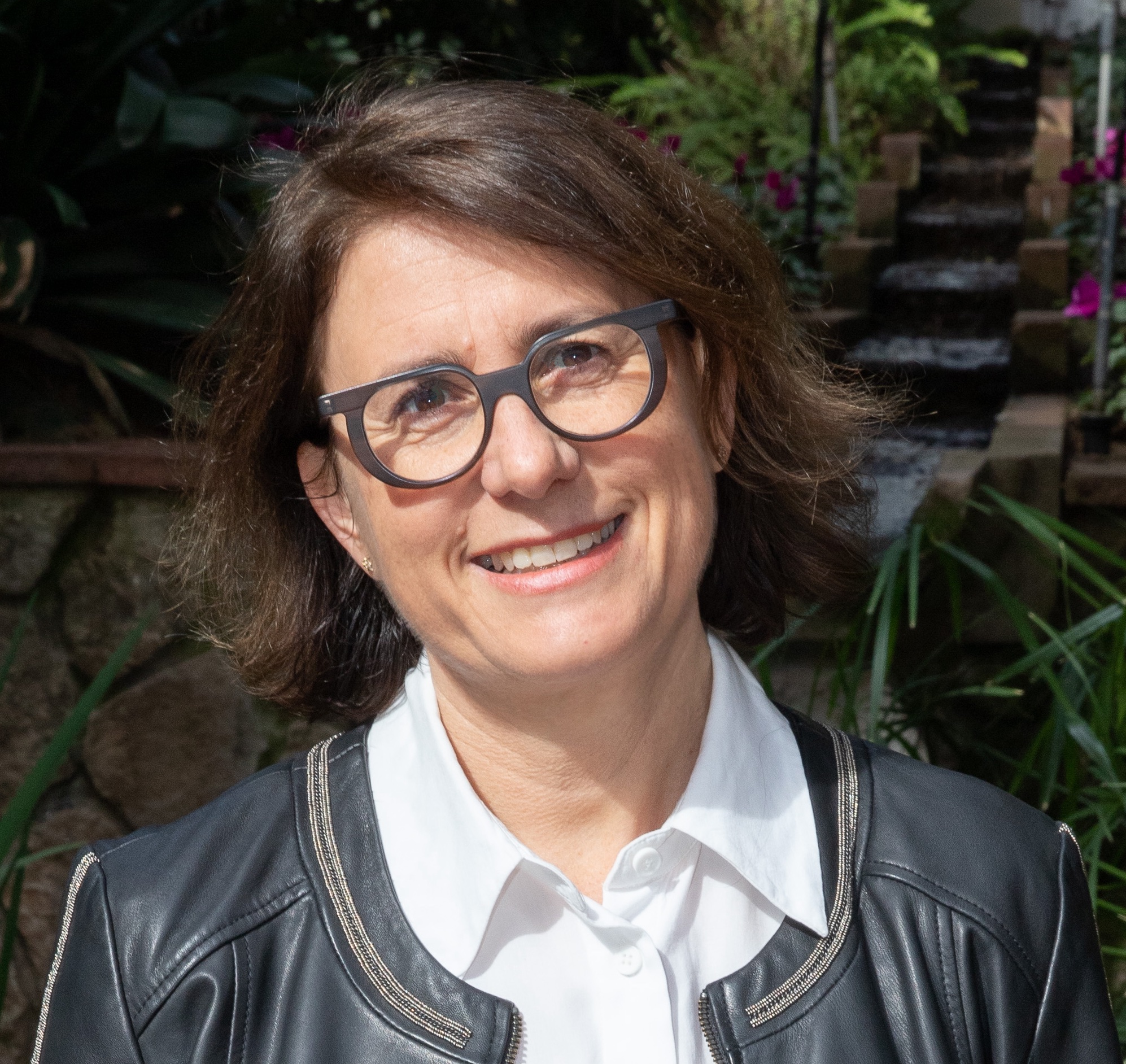 |
| Barcelona (from Wikimedia Commons) |
I've never been to Barcelona--in fact, I've never been to Spain--but Barcelona, like Amsterdam, Copenhagen, and Paris, has emerged as a bucket list destination for urbanists. Not only does it have the massive but neighborly Sagrada Familia, an eye-popping Gothic Quarter, and at least 23 other wonders plugged by Earth Trekker, but in the mid-2010s a new city administration undertook an ambitious Urban Mobility Plan based on superblocks.
Superblocks were intended to improve quality of residential life and decrease the environmental impact of motor vehicles by routing vehicles to the exterior of neighborhoods. (See Kohlstedt 2017 for description and diagrams.) The idea was to take maybe nine square blocks, and restrict through traffic from the interior of that area, allowing more pedestrian and commercial activity on narrower park-like streets.
Earlier superblocks had been effective but tended to produce rapid gentrification; the more aggressive approach taken by the new administration in 2015 seemed more haphazard and produced more pushback (Roberts 2019). The administration of Mayor Ada Colau recalibrated, incorporating more amenities as well as more consultation with the neighborhoods. Subsequent projects incorporated "everything we learned," Port of Barcelona President Lluis Salvado told Vox, so that in what "should have been a more hostile area... the implementation process was almost unanimously accepted" (Roberts again).
 |
| Elisabet Viladecans-Marsal |
But all is not now blissful in Barcelona, reported Elisabet Viladecans-Marsal at this month's Midwest Political Science Association meeting in Chicago. Viladecans-Marsal is an economist at the University of Barcelona, among other appointments, and has been cited on City Observatory for a co-authored 2022 paper on induced traffic demand. Presenting a work in progress entitled "The Electoral Effects of Banning Cars from the Streets: Evidence from Barcelona's Superblocks," co-authored with Cèlia Estruch, Albert Solé-Ollé & Filippo Tassinari, she said the superblocks continued to show immediate local positive effects, but that the vehicle traffic they displaced were creating more problems around streets designated for through traffic. The experiences of people living along the throughways were so negative that it tipped the political balance of the city: Mayor Colau's party lost their Council majority, and the new Council announced a plan to undo the superblocks.
Viewed from the perspective of people on the throughways, the superblocks of Barcelona sound less idyllic and a lot more like... Cedar Rapids, Iowa. A lot of our houses in Cedar Rapids are built along streets with very low traffic, albeit without the public amenities, shops, and active use of the space that appeared in Barcelona. Our vehicles, doubtless like those in your town, are funneled onto arterials, which function a lot like the throughways around the Barcelona superblocks i.e. they're noisy, unpleasant, and periodically congested. The mess created by this approach to traffic engineering is carefully detailed by Chuck Marohn in chapter 6 of Confessions of a Recovering Engineer (Wiley, 2021).
Inclined as I am to despair anyway, it is easy to conclude that in our complicated world with all of its sunk costs and vested interests, we just can't have nice things. The whole MPSA panel on "International Governing Institutions," on which Viladecans-Marsal appeared, was full of fuel for such despair. Connor O'Dwyer of University of Florida and Vaclav Orcigr of Charles University reported on a well-funded Spatial Plan in the Czech Republic creating fertile ground for state exploitation, while Yooil Bae of Dong-A University reported on the Republic of Korea's failed attempt to restore a region's flagging fortunes by merging three cities into a megacity. Even where injustice and unproductivity are widely-acknowledged, as in the cases of interstate highways plowed through urban neighborhoods (Reimagining the Civic Commons 2024), the people who remain after the sacking now rely on the highway to get places.
Perhaps the lesson of the superblocks is not to proceed too quickly, that great big "game-changing" projects are likely to be rife with unintended consequences. Even when undoing massive auto-centric sacking of our cities, the best approach is to be slow and cautious, and to have a backup plan when things don't go as planned. (If I sound like a charter member of Strong Towns, it's because I am.) Incrementalism can be hard to stick to, though, when--as in Barcelona--the problems you're addressing are widespread, or when markets can move so much faster than your cautious self.
I've never been to Catalonia/But if I go perhaps I'll see ya...
Pity Hoyt Axton's not still around to finish this.





No comments:
Post a Comment